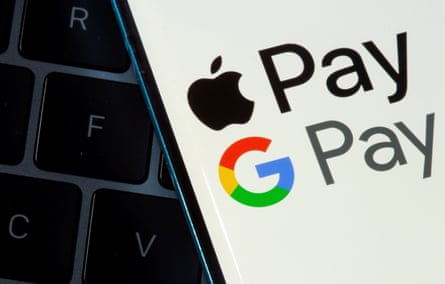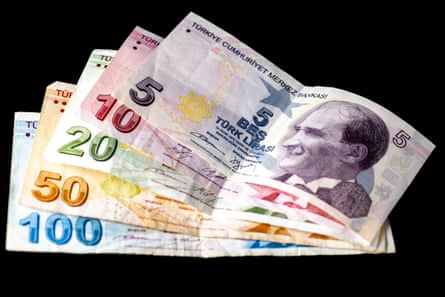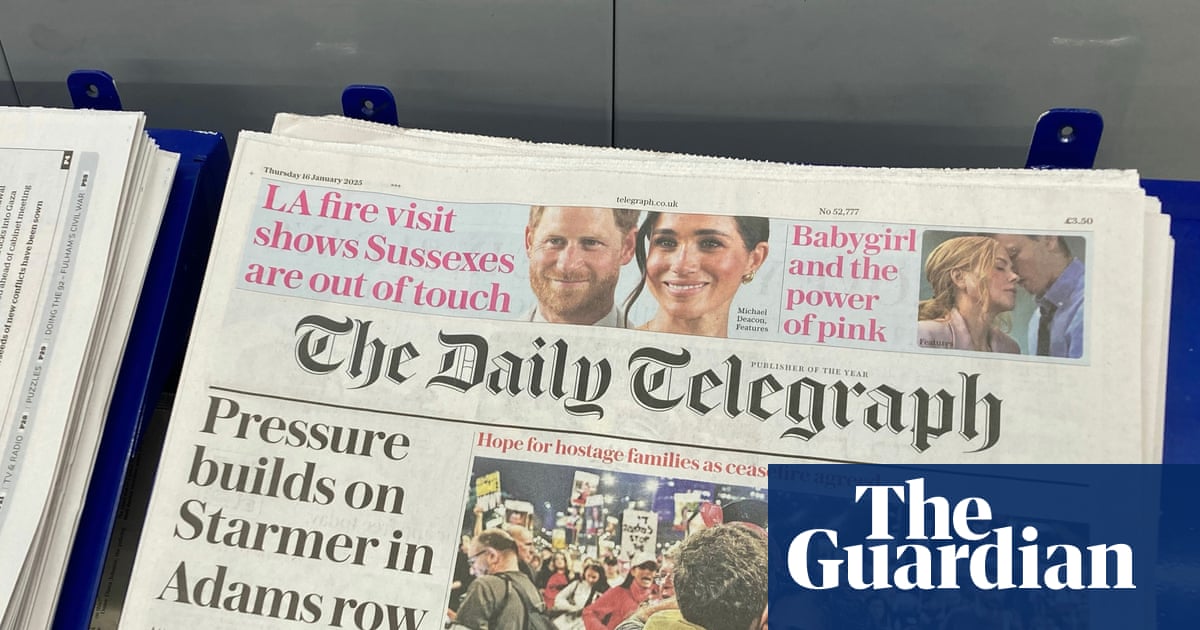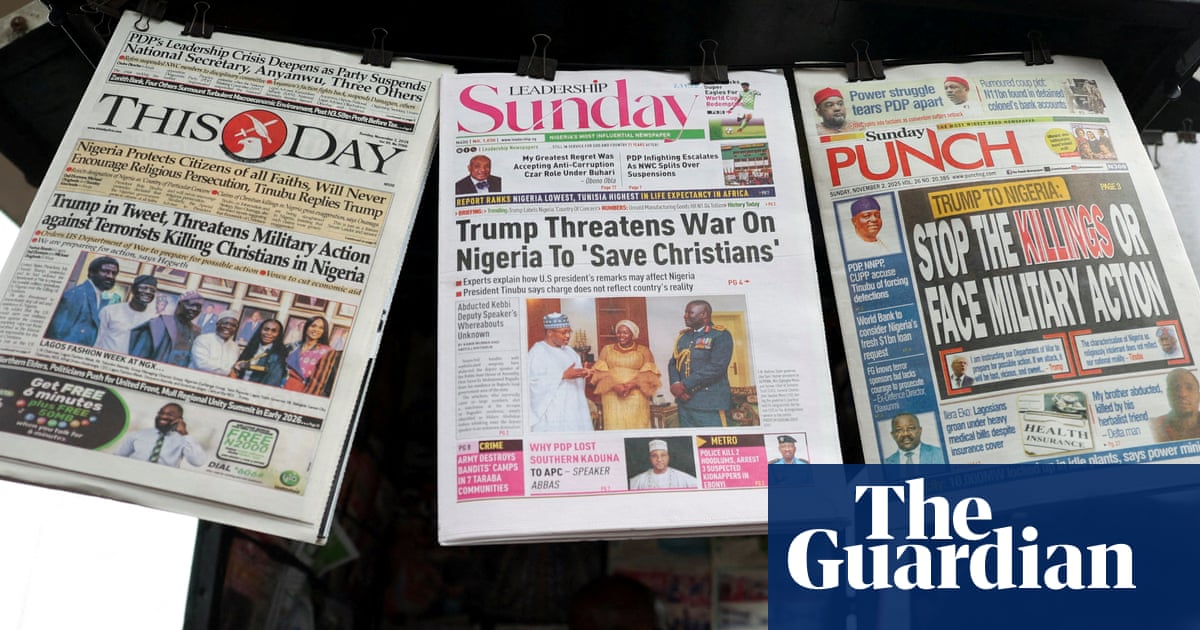1. Pack the right card
When packing for your summer holiday, don’t forget to pay attention to your plastic. Pick the wrong card to use abroad and you will end up spending more than you need to.
Unless your trip is imminent, it is not too late to apply for a card that won’t charge you a penny in foreign exchange fees or other bank fees when you are abroad, whether you are spending in a shop, restaurant or hotel or withdrawing cash from an ATM. Often it will take only a few days for your card to arrive.
The consumer group Which? has looked at the best debit and credit cards to use abroad. On debit cards, its recommended providers that are “truly fee-free to use abroad” include First Direct and the app-based Starling Bank. With both of those, you get Mastercard’s exchange rate, with no added fees or charges on top.
When it comes to credit cards, Which?’s best buys include the Halifax Clarity card and Barclaycard Rewards card, both of which have no foreign transaction or cash withdrawal fees. Both use Visa’s exchange rate.

Other options worth a look include the travel debit card Currensea. You sign up, connect your existing bank account and pay with the Currensea card, although you are spending directly from your current account. There are three price plans including one called Essential, which has no annual fee but does have a £4.95 delivery charge.
2. Know what the deal is
If you can’t face applying for a new bank account or credit card or are running out of time, don’t just do nothing.
“Check what your existing card provider(s) will charge for each purchase and ATM withdrawal,” says Andrew Hagger, the founder of the financial website MoneyComms. “That way, you can try to spend accordingly to minimise the impact of charges on your holiday budget.”
For example, you may want to avoid using your debit card to make lots of small payments or withdrawals if the bank applies a set fee each time, while using a credit card to withdraw currency from overseas cash machines “can be an extremely costly way of funding your holiday spending”, Hagger says.
Watch out if you have a TSB debit card, as it is often highlighted as being one of the most expensive to use overseas. If you are paying for something outside Europe, in many cases you will pay a £1 transaction purchase fee plus 2.99% of the price paid. However, TSB points out that you won’t pay the purchase fee within Europe or if you have one of its Premier or Platinum accounts. Its Spend & Save Plus account also comes without any overseas charges on debit card use but does have a £3 monthly fee.
3. Check your settings

If you use Apple Pay, Google Wallet or Google Pay and you have multiple cards set up on it, it is worth checking the settings and selecting the right primary card for your holiday, says Alastair Douglas, the chief executive of the website TotallyMoney.
“Otherwise, when you get back, you might find out you’ve been paying extra, adding to your post-holiday blues,” he says.
4. Pay in local currency
When using a card overseas, watch out for the dynamic currency conversion trick at restaurants, shops and hotels, and at some ATMs. This is where you are offered the option of paying in sterling rather than the local currency.
“Always remember to select the option to pay [or withdraw cash] in the local currency when you’re abroad, and never in pounds and pence,” Douglas says. “That’s because it’s likely you’ll be charged additional fees for the currency conversion, meaning you’ll be paying more money for the same thing.”
5. Think: do you need cash?
Some holidaymakers never take any foreign currency with them – they rely on their credit or debit cards and use ATMs to get out cash if necessary. Others like the security of having some local cash in their wallet or purse before they set off.
As is the case with the UK, many countries are increasingly cashless, and in some cases you may find that during your whole trip you never once reach for a banknote or coin. In Sweden, for example, only one in 10 purchases are now made with cash.
Growing numbers of countries are moving to contactless payment for their local transport systems such as metros, buses and trams, which usually means you can use a UK debit or credit card.
However, in many places you will still need some cash for things such as entrance fees to certain sites and attractions, shopping at local markets and paying street food vendors. You may also want some for informal payments, such as gratuities. If you have booked a walking tour or excursion, for example, you will probably want some cash with you for a tip for the guide or driver.
Japan is among the countries where locals say visitors definitely need to carry cash. For tourists shopping at smaller businesses or in rural areas or visiting sites such as temples, “you will still need cash”, according to The Tokyo Chapter, a blog.
6. Get a good deal on cash
If you do plan to buy some holiday money and don’t want to get ripped off, a useful starting point is the Travel Money Max online tool run by MoneySavingExpert.com, which lets you compare exchange rates. Key in a few details including how much you want and how you want to get it – delivery or collection – and it will give you several options and show you what you would get after all charges.
We used the site to see who was offering the best deals for £400 of Turkish lira for a trip in a fortnight’s time. When we opted for delivery, The Currency Club came top, with Waitrose and John Lewis not too far behind. On collection – we opted for somewhere within five miles of our London King’s Cross office – Sterling FX came top, followed by Thomas Exchange Global.

The “walk-up” exchange rates at airport bureaux de change are notoriously poor, so steer well clear unless you are really desperate.
Also, don’t pop into your local bank to get some currency, as a high street bank is nearly always one of the most expensive places to change money.
7. Check your insurance
If you plan to take, or withdraw, large sums of cash on holiday, make sure your travel insurance will cover you for any loss or theft. Some basic policies do not cover cash.
Even if yours does, take care to look after your money. Don’t leave it in a bag in your room – use a safe if there is one.
8. Dodge double conversions
While preparing for your holiday, you may discover you have foreign currency left over from previous trips – great news if you can use it this time, not so great if it’s for another country.
Douglas says you should pause before attempting to exchange it for the currency you need.
“If you’re in the UK and switching cash from one foreign currency to another foreign currency, then it’s likely you’ll be charged two sets of fees or commissions,” he says. “One will be to convert your cash into pounds, and another from pounds into the new currency. So you might be better off waiting until you reach your destination and exchanging there.”

 3 months ago
85
3 months ago
85

















































